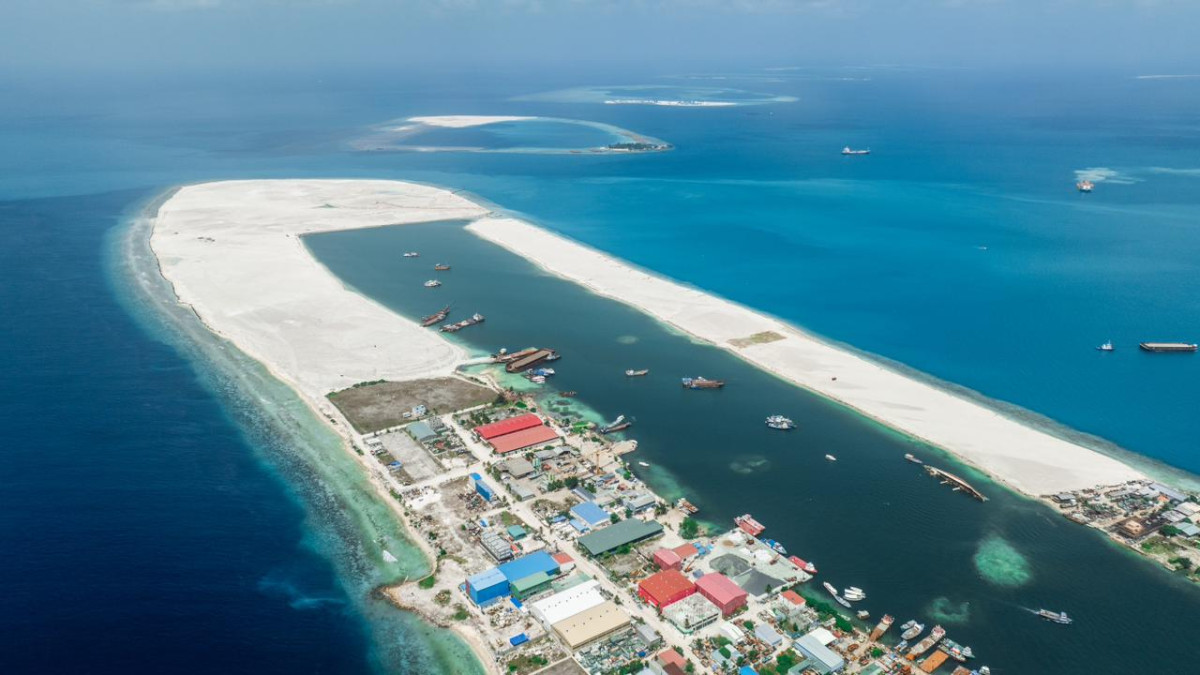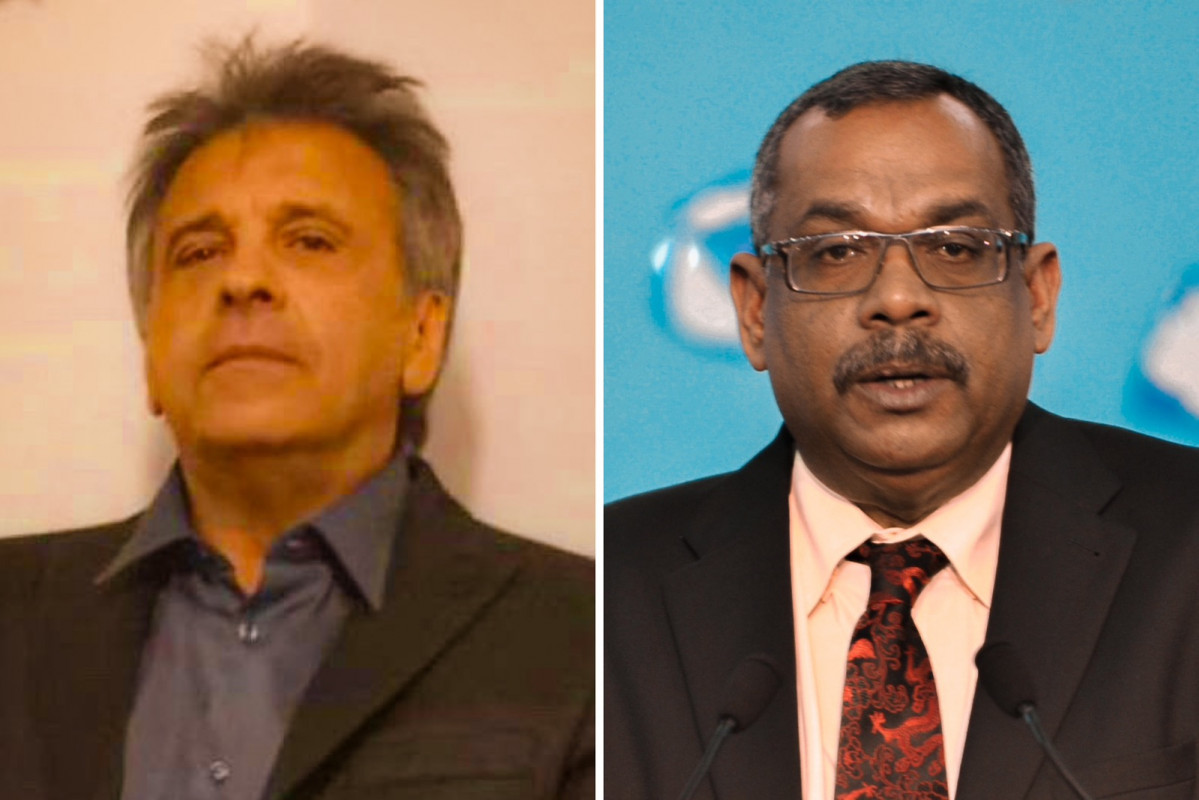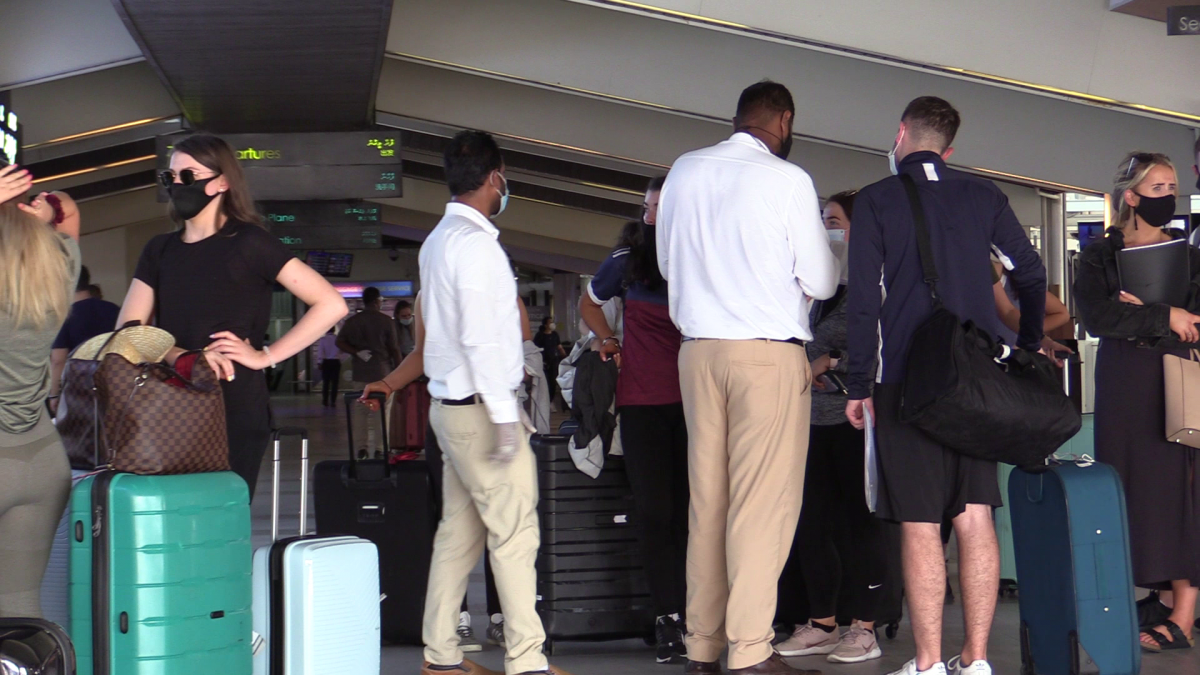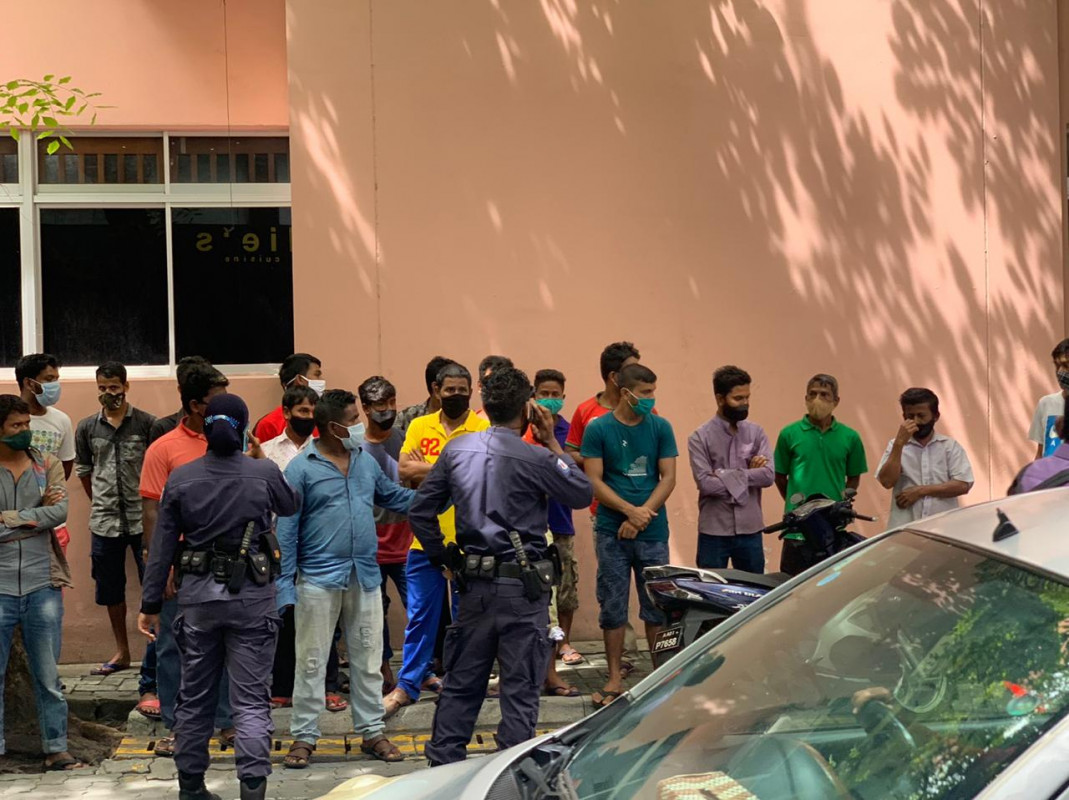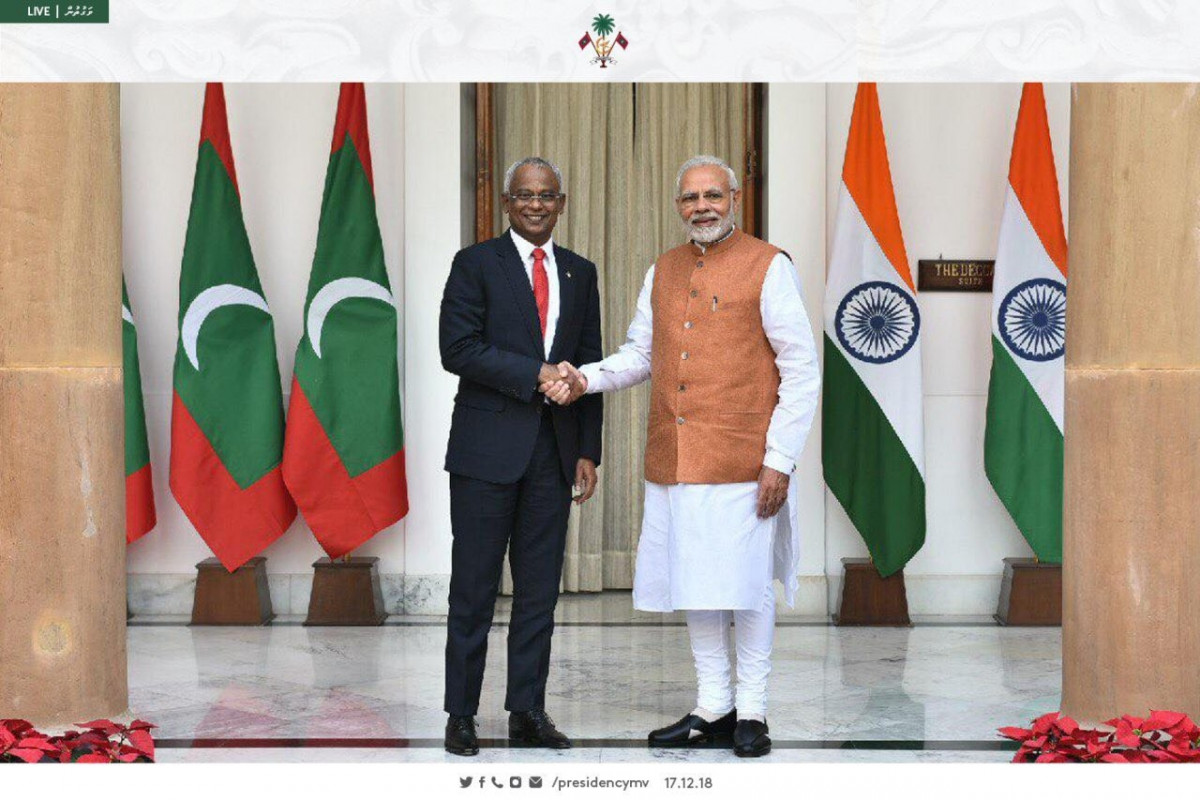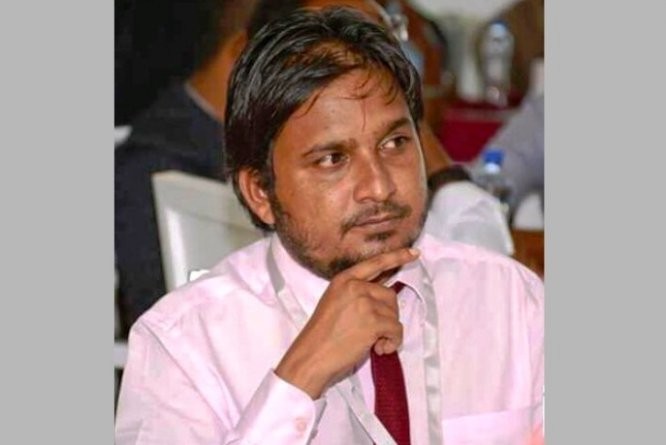Independence is important for councils to boost their performance: President
President Solih emphasized on the importance of island councils finding their own source of income
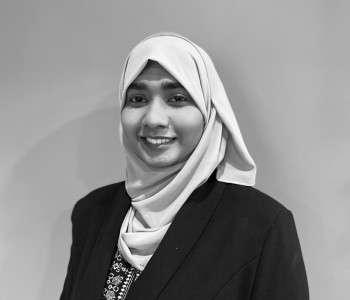
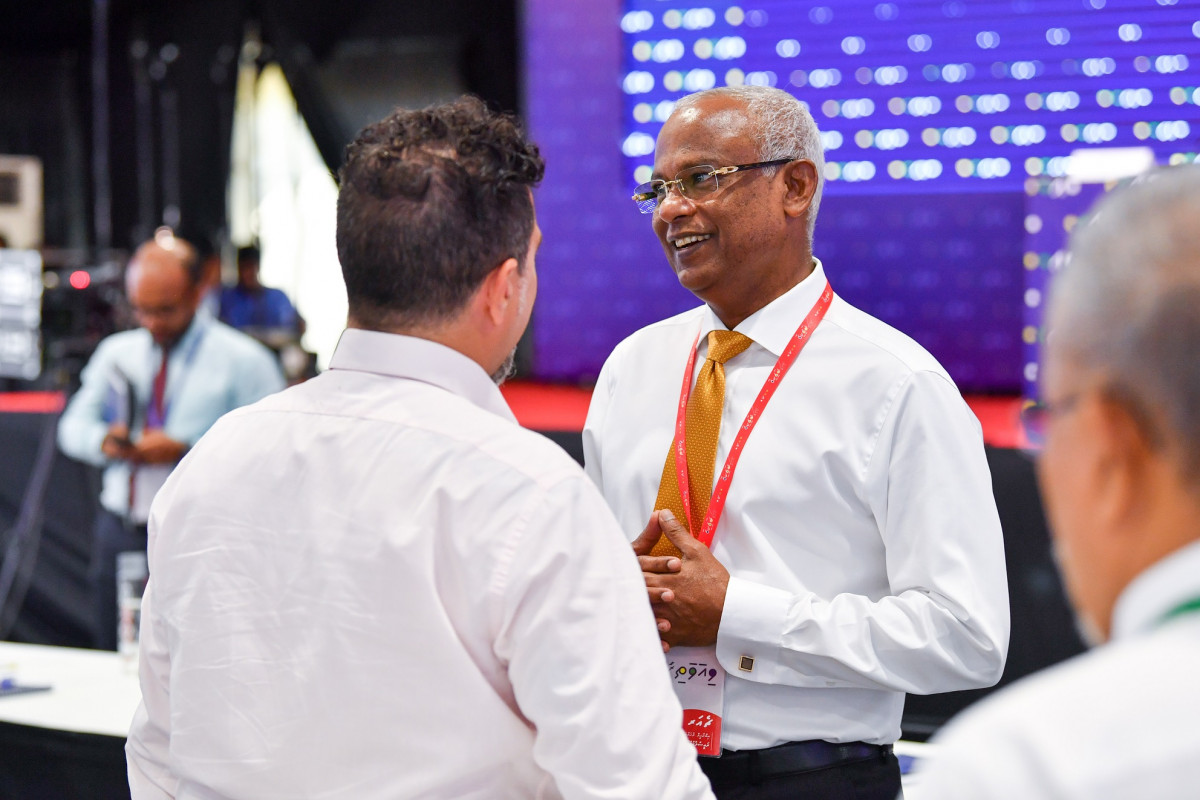
President Ibarahim Mohamed Solih at Viavathi Raajje Conference
President Ibrahim Mohamed Solih has stated that councils should be more self-reliant in order to reinforce their performance.
The President made this statement during the third session of the third Viavathi Raajje conference held for the southern atolls of the Maldives, on Monday.
The third session of the conference focused on the fiscal autonomy of local councils.
During the session, President Solih emphasized on the importance of island councils finding their own source of income in order to become more self-reliant.
The President stated that the purpose of the session was to engage island council members and the Women’s Development Committee (WDC) representatives in discussions to enable economic empowerment for the local residents. He added that one of the main objectives of the Decentralization Act was to give island councils complete fiscal autonomy.
President Solih stated that the budget allotted to the councils from the state budget grows at an exponential rate each year. However, he noted that there is still room for improvement and that there are ways to increase the efficiency and self-sufficiency of the councils and WDCs.
President Solih highlighted that the administration allocates five percent of its total revenue and 40 percent of the total income generated from leasing islands and lagoons in atolls, to the island councils. Furthermore, the councils also have the authority to form companies and operate businesses to generate more income.
President Solih noted that fiscal autonomy was a major topic of discussion at the previous Viavathe Raajje conference held in Ukulhas Island in Alifu Alifu Atoll earlier this year, and expressed hope that constructive solutions would be sought by the end of the conference.
During the session, Minister of Finance Ibrahim Ameer, Minister of Economic Development Uz. Fayyaz Ismail, provided participants with updates on the government's efforts to give councils fiscal autonomy.
The participants were also given the opportunity to discuss the issues raised during the "Funoala Dharubaaru," which took place prior to the conference, with the panel.
President Solih was joined on the panel by Minister of Finance Ibrahim Ameer, Minister of Economic Development Uz. Fayyaz Ismail, and the Minister at the President’s Office Ali Shiyam, the Member of Parliament for Hulhumalé constituency and the Chairperson of the Parliamentary Committee on Decentralization Ali Niyaz and the Chief Executive Officer of the Local Government Authority (LGA), Fathimath Afshan Latheef.
During his opening address at the third Viavathi Rajje conference on Sunday, President Solih stated that decentralized governance is the most significant administrative change the country has ever seen.
President Solih emphasized that decentralized development was the cornerstone of all of the administration’s policies and reiterated that his administration sought equitable development, despite the size or political leanings of the island. The end result of prosperous “Jazeera” lives would be the union between every service, business, and every island, the President said.
The President stated in his speech that the decentralization system is now the major pillar of the government's policies, which are all created to make it easier for the growth of islands that are closely connected to one another.
The third Viavathi Raajje Conference was hosted at L. Gan from September 11-12, 2022.
The two-day conference featured four main sessions with presentations and discussions on a variety of topics. These include gender equality, the formulation of land-use plans, fiscal autonomy of local councils and social welfare.

